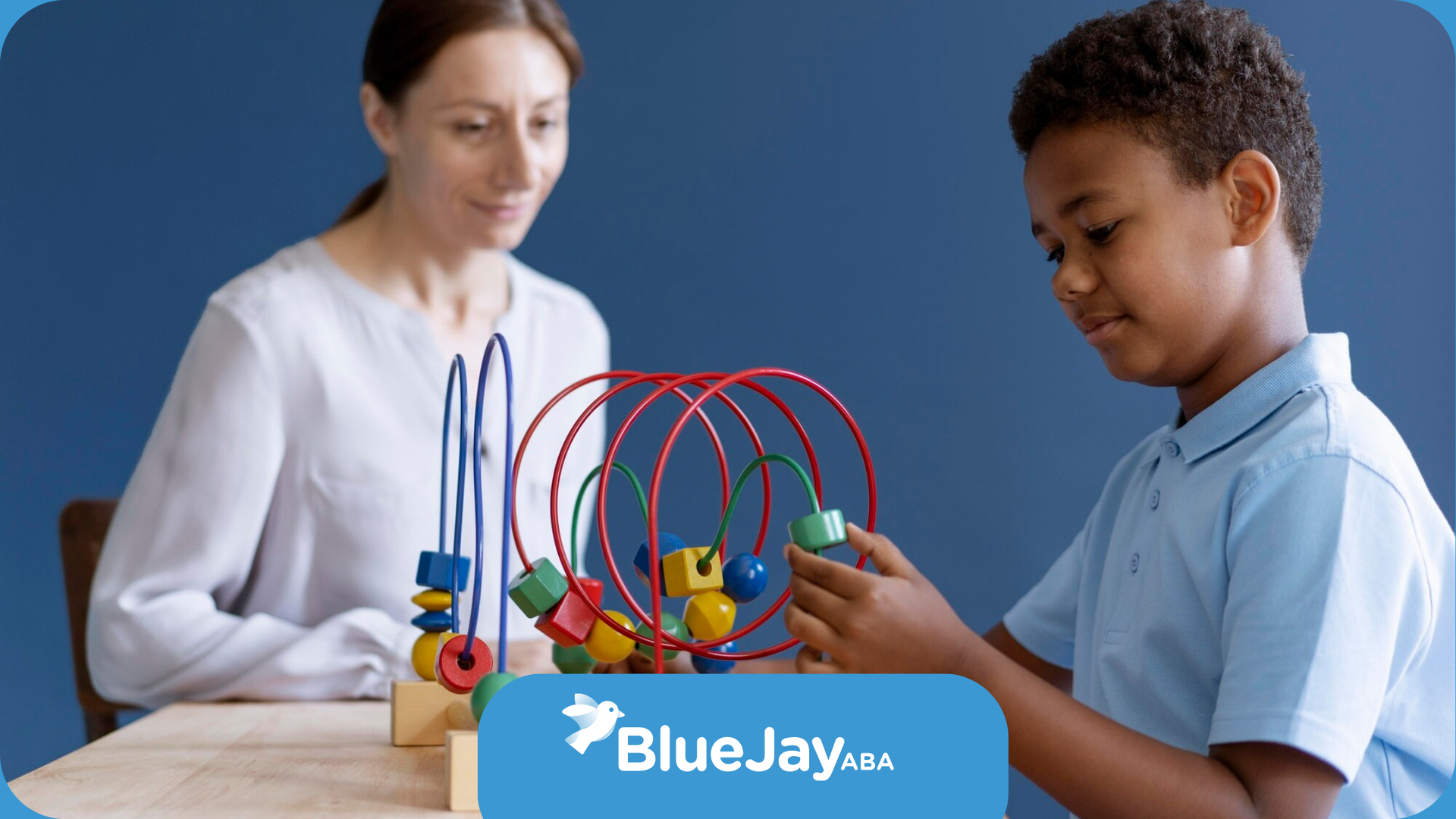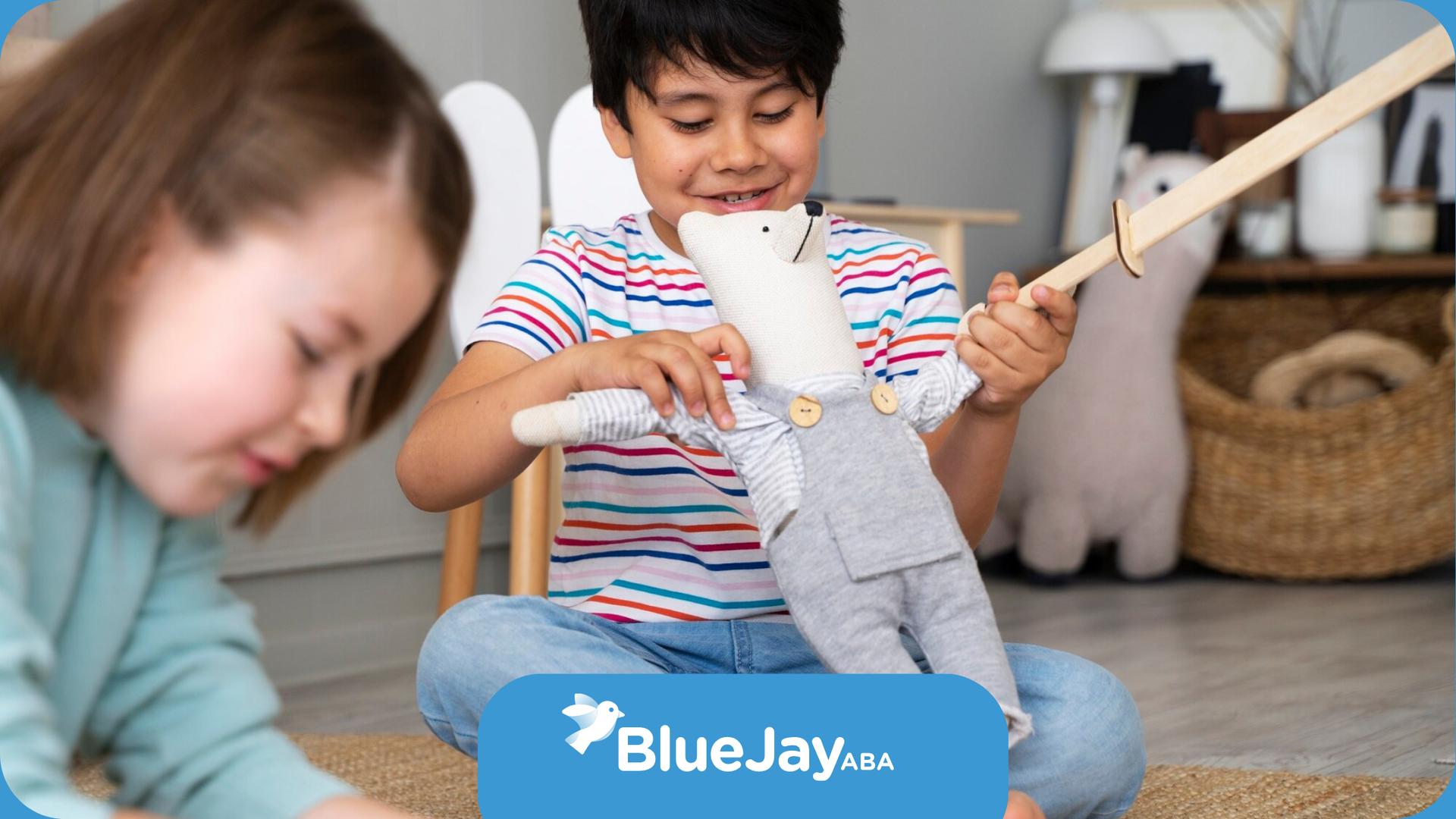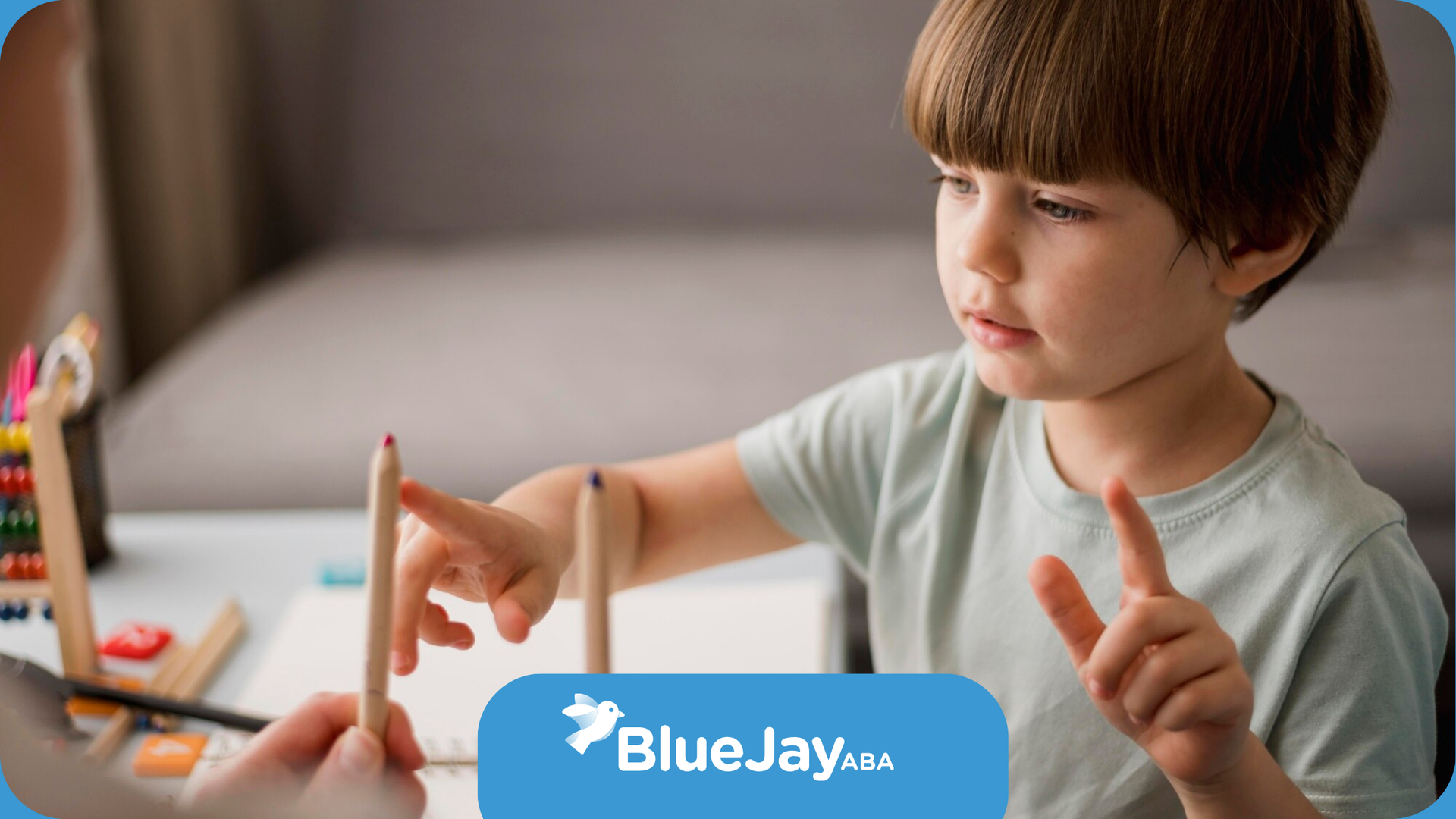Enhancing Focus and Fun: Cognitive Games for Autistic Adults
Understanding Autism and Cognitive Games
Cognitive games are proving to be valuable tools for enhancing the mental agility and social skills of adults with autism. This section delves into the impact of autism on cognitive skills and underscores the importance of these games.
Impact of Autism on Cognitive Skills
Autism is a developmental disorder that primarily affects the nervous system and impairs an individual's ability to process social cues and communicate effectively. Symptoms vary widely, with some individuals being highly functional while others face significant challenges.
Research indicates that many individuals with autism experience difficulties at the executive level, which includes essential cognitive functions such as:
- Planning
- Organization
- Time management
- Problem-solving
- Decision-making
These cognitive challenges can impede everyday functioning and social interactions. Enhancing these skills can lead to improved quality of life.
To better illustrate the cognitive areas potentially impacted by autism, consider the table below:
| Cognitive Skills | Challenge Level (1-5) |
|---|---|
| Planning | 4 |
| Organization | 3 |
| Time Management | 4 |
| Problem-Solving | 4 |
| Decision-Making | 4 |
Importance of Cognitive Games for Autistic Adults
Cognitive games can play a significant role in enhancing the cognitive abilities of autistic adults (Brain Therapy TMS). These games target various cognitive skills, including planning, decision-making, and short-term memory, enabling individuals to make strides in their cognitive development.
Key areas where cognitive games can assist include:
- Enhancing executive functions: Games that require planning and strategy can improve the individual's ability to organize and manage their time.
- Boosting social cognition: Games that involve interactions can help in better understanding social cues and improve communication skills. In a review of studies, 42.85% assessed improvements in social cognition and emotions following cognitive rehabilitation.
For more information on effective games designed for autistic adults, visit our sections on games for autistic adults, group games for autistic adults, and fun games for autistic adults.
By focusing on these cognitive aspects, cognitive games offer a structured yet enjoyable way to foster growth and skill enhancement in autistic adults, potentially transforming their everyday experiences.
Benefits of Cognitive Games for Autism
Cognitive games for autistic adults can provide numerous benefits, especially in areas like executive functions and social cognition. Engaging in these activities can help enhance cognitive skills and improve how autistic individuals interact with others.
Enhancing Executive Functions
Executive functions encompass a range of cognitive processes, including planning, decision-making, and short-term memory. Many autistic individuals face challenges in these areas, similar to those observed in people with attention deficit hyperactivity disorder (ADHD).
Cognitive games can be particularly effective in enhancing these executive functions through targeted mental exercises. For example:
- Puzzle Games: Games like Tetris or The Witness require spatial reasoning and planning, which can help improve short-term memory and strategic thinking.
- Strategy Games: Games such as Civilization VI or StarCraft II demand complex decision-making and resource management, providing excellent mental workouts for autistic adults.
| Cognitive Game Type | Benefits |
|---|---|
| Puzzle Games (Tetris, The Witness) | Improve spatial reasoning and planning |
| Strategy Games (Civilization VI, StarCraft II) | Enhance decision-making and resource management |
To explore more about enhancing cognitive abilities through games, visit our section on adult autism activities and games.
Improving Social Cognition
Social cognition involves understanding and reacting to social cues, which can be challenging for many autistic individuals. Cognitive activities have the potential to improve these skills, aiding in social interactions.
- Socio-communicative Games: These games provide scenarios that mimic real-life social situations, offering a safe environment for practicing social skills.
- Reward Systems: The built-in reward mechanisms (e.g., points, levels, feedback) found in many games can incentivize autistic individuals to participate more readily in shared activities, providing positive reinforcement.
| Game Feature | Benefits |
|---|---|
| Socio-communicative Scenarios | Practice real-life social interactions |
| Built-in Rewards (points, levels) | Encourage participation and social engagement |
Cognitive games offer a valuable tool in the enhancement of both executive and social cognitive functions for autistic adults. By thoughtfully choosing and customizing these cognitive activities, one can make strides in improving overall cognitive development and social interaction.
Types of Cognitive Games for Autistic Adults
Cognitive games can be an excellent way for autistic adults to enhance their cognitive and social skills. These games come in different formats, broadly categorized into digital cognitive games and analog cognitive games.
Digital Cognitive Games
Digital cognitive games leverage technology to provide engaging and interactive experiences. These games can be played on computers, tablets, or smartphones and often include features that target specific cognitive skills such as attention, memory, and executive functions.
| Cognitive Target | Examples |
|---|---|
| Attention | BrainHQ, CogniFit |
| Memory | Lumosity, Elevate |
| Executive Functions | Peak Brain Training, CogMed |
Research shows that computer-based games can be effective in improving various cognitive and social skills in individuals with Autism Spectrum Disorder (ASD), making them one of the best cognitive games for autistic adults. These digital games often come with customization options, allowing players to adjust levels of difficulty and tailor the content to their specific needs.
Analog Cognitive Games
Analog cognitive games, on the other hand, include traditional board games, card games, and puzzles. These games are valuable because they encourage face-to-face interaction and can be a great way to practice social skills. Research supports their effectiveness in improving social cognition and emotional recognition.
| Cognitive Target | Examples |
|---|---|
| Social Skills | Uno, Monopoly |
| Emotional Recognition | The Mind, Dixit |
| Strategic Thinking | Chess, Settlers of Catan |
Analog games are particularly useful in group settings, making them ideal for group games for autistic adults. The tactile and interactive nature of these games can make them more engaging for some individuals, providing a break from screen time while still offering cognitive benefits.
Both digital and analog cognitive games offer unique advantages for autistic adults. From improving executive functions to enhancing social cognition, these games can play a crucial role in cognitive development and social interaction. Customizing these games to fit specific themes and interests can further increase engagement and provide a motivating format for skill improvement.
Customizing Games for Autistic Adults
When selecting cognitive games for autistic adults, it's essential to consider how these games can be customized to meet individual needs. Customization can significantly enhance the effectiveness and enjoyment of these activities.
Targeting Specific Skills
Cognitive games can be tailored to target specific skills that autistic adults may need to develop or strengthen. Traditional board games, video games, and computer-based games have shown promise in improving a range of cognitive and social abilities. Customization can help focus on particular areas such as attention, memory, or executive functions.
| Skill Targeted | Example Games |
|---|---|
| Attention | Simon, The Witness |
| Short-term Memory | Memory Matching Games, Lumosity |
| Eye-hand Coordination | Fruit Ninja, Beat Saber |
| Executive Functions | Tetris, Civilization VI |
| Emotion Recognition | Social Express, Mind Reading - The Interactive Guide to Emotions |
Digital cognitive games have been found to significantly reduce errors when identifying facial expressions and enhance communication skills in individuals with autism. Such customization can be particularly useful for enhancing social interactions and understanding emotional cues.
Enhancing Engagement with Personalization
The engagement level of cognitive games can be significantly increased by personalizing them according to the individual's interests and preferences. Both digital and analog games offer ample opportunities for personalization, making them more enjoyable and appealing, which is crucial for sustained engagement.
- Theme-Based Customization: Games can be adapted to fit specific themes that resonate with the individual's interests, such as fantasy, science fiction, or historical settings. This can make the learning process more engaging.
- Adjustable Difficulty Levels: Offering adjustable difficulty levels can help in gradually enhancing skills without causing frustration. Start with basic levels and increase the complexity as competency improves.
- Interactive Elements: Incorporating interactive elements and multi-sensory inputs (sound, visuals, and touch) can make games more engaging and beneficial.
| Method of Personalization | Example |
|---|---|
| Theme-Based | Customizing puzzles with favorite movie characters |
| Adjustable Difficulty | Levels in Lumosity or Peak apps |
| Interactive Elements | Games like Osmo that use tangible pieces with digital screens |
Game customization is a vital aspect of designing effective cognitive interventions. It not only targets specific skills but also significantly enhances motivation and engagement.
Game-Based Interventions for Autism
Exploring game-based interventions can lead to significant improvements in socio-communicative outcomes and social skills for autistic adults. Both digital and analog games play a vital role in enhancing these aspects.
Socio-communicative Outcomes
Research shows that game-based interventions are effective in improving socio-communicative outcomes for individuals with Autism Spectrum Condition (ASC). These interventions often include activities that encourage social interaction and help with emotion recognition, which is crucial for developing reciprocal relationships between autistic and neurotypical individuals.
Digital cognitive games often feature interactive elements that require players to recognize and respond to emotional cues, thus improving their ability to interpret social signals. Analog games, particularly cooperative board games, promote teamwork and communication, which further fosters social interactions.
| Game Type | Benefits |
|---|---|
| Digital Cognitive Games | Improve emotion recognition, enhance social interaction |
| Cooperative Board Games | Promote teamwork, enhance communication skills, social interaction |
Improving Social Skills through Games
Autistic individuals often face challenges in social settings, making it essential to find engaging methods to practice and enhance their social skills. Shared interests and social group activities can play significant roles in this regard. Some games that are particularly effective include cooperative board games like "Pandemic," "Forbidden Island," and "Hanabi." These games require good communication, teamwork, and careful planning, providing a way for autistic adults to interact with family and friends.
| Game | Skills Enhanced |
|---|---|
| Pandemic | Teamwork, communication, planning |
| Forbidden Island | Teamwork, strategic thinking |
| Hanabi | Communication, cooperative skills |
Additionally, virtual reality (VR) games are designed to engage autistic adults in social interaction and enhance communication skills. These games provide a unique, immersive experience that can be tailored to meet various needs.
By incorporating both digital and analog game-based interventions, autistic adults can enhance their social cognition, build meaningful relationships, and practice real-world social skills in a safe, controlled environment.
Recommended Cognitive Games for Autistic Adults
Exploring the best cognitive games for autistic adults involves finding ones that are both engaging and beneficial for enhancing crucial skills. Here, puzzle games for spatial skills and strategy games for decision-making stand out.
Puzzle Games for Spatial Skills
Puzzle games are excellent for improving spatial skills, which involve understanding and remembering the spatial relations among objects. These games require players to visualize, plan, and execute steps to solve problems, making them ideal for cognitive development.
Tetris is a classic game that can enhance spatial reasoning by requiring players to fit variously shaped blocks into a confined space. The Witness is another puzzle game that offers a more immersive experience, involving complex puzzles within a beautifully designed environment.
| Game | Key Skill | Description |
|---|---|---|
| Tetris | Visual-Spatial Skills | Fit blocks into a grid to clear lines. |
| The Witness | Problem-Solving | Explore an island and solve intricate puzzles. |
Strategy Games for Decision-Making
Strategy games are perfect for enhancing decision-making, critical thinking, and resource management. These games require players to plan, strategize, and make decisions that impact future outcomes, serving as a mental exercise that can be very beneficial for autistic adults.
Civilization VI is a turn-based strategy game where players build and expand an empire, managing resources and making strategic decisions. StarCraft II is a real-time strategy game that involves managing resources and military units to outsmart opponents.
| Game | Key Skill | Description |
|---|---|---|
| Civilization IV | Strategic Thinking | Build and grow a civilization over many turns. |
| StarCraft II | Resource Management | Quickly allocate resources and manage military units. |
These games are not only fun but also serve as valuable tools for cognitive enhancement.
By incorporating these recommended cognitive games into daily routines, autistic adults can work on enhancing their spatial skills and decision-making abilities in an enjoyable and engaging manner.
Conclusion
Cognitive games offer a powerful and engaging way for autistic adults to strengthen executive functions, enhance social cognition, and improve overall quality of life. By incorporating these games into daily routines, individuals can develop essential skills while having fun.
At Blue Jay ABA, we are committed to providing personalized strategies that support cognitive and social growth. Contact us today to learn more about how ABA therapy can complement cognitive game-based interventions for lasting progress!
Resources:
- https://www.autismspeaks.org/executive-functioning
- https://www.ncbi.nlm.nih.gov/pmc/articles/PMC9809031/
- https://braintherapytms.com/cognitive-activities-for-autism/
- https://pubmed.ncbi.nlm.nih.gov/36597046/
- https://pmc.ncbi.nlm.nih.gov/articles/PMC10042352/
- https://pmc.ncbi.nlm.nih.gov/articles/PMC8384560/
Related Posts








